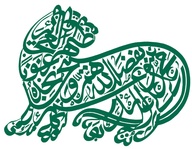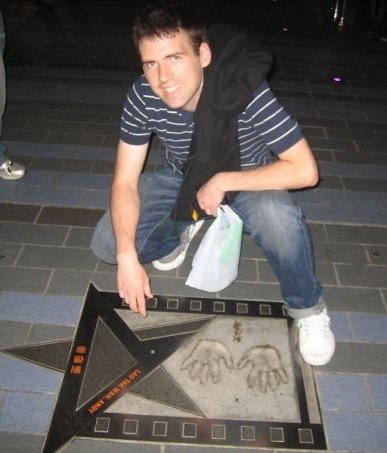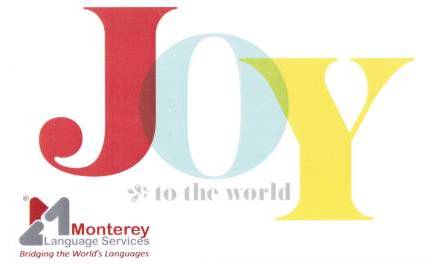 Operated by graduates of the Monterey Institute of International Studies, an internationally renowned school of translation and interpretation, Monterey Language Services draws from a wide range of interpreter networks.
Operated by graduates of the Monterey Institute of International Studies, an internationally renowned school of translation and interpretation, Monterey Language Services draws from a wide range of interpreter networks.
Our interpreters are professionally qualified. They have studied translation and interpretation at the graduate or undergraduate level, or are professionally certified, or have received training in medical, legal and technical subject areas. They are experienced medical interpreters, legal interpreters and technical interpreters. Furthermore, they pursue continuing on-the-job training and education.
Our interpreters are not only local, able to come to our headquarters or to our client sites to perform services, but also distant, working remotely through a range of technology options such as video remote.
Our interpreters work consecutively, but also at conference, offering simultaneous interpretation.
Monterey Language Services has been providing language support to hospitals for years. A short list includes Spanish, ASL, Vietnamese, Arabic, Mandarin and Cantonese, Korean, Tagalog, Russian, French, Portuguese, German, Japanese, Punjabi, Gujarati, and indigenous languages such as Triqui, Mixteco, Zapotec. Even when a rare language is needed, we can vet and bring interpreters to our customers in a matter of hours.
We stand by ready 24-7, either work with a regular schedule of interpreting appointments, or provide last minute on-demand interpretation, for example for a hospital’s emergency needs.
It is our goal at Monterey Language Services to provide a full line of interpretation services. And it is to that end that we maintain our huge pool of professional interpreters to serve you whenever or wherever you need them.
Monterey Language Services strives to provide the highest quality of translation and interpretation services. Please feel free to contact us for more information.



 Summer is the season for interpretation, especially here at Monterey
Summer is the season for interpretation, especially here at Monterey 
 (9 votes, average: 3.33 out of 5)
(9 votes, average: 3.33 out of 5)
 In this blog post we interviewed David Thomson, who is currently a second-year graduate student in the International Policy Studies program at Monterey Institute of International Studies. Fluent in English, Spanish, and Mandarin, David exemplifies how language learning has opened multiple doors for him.
In this blog post we interviewed David Thomson, who is currently a second-year graduate student in the International Policy Studies program at Monterey Institute of International Studies. Fluent in English, Spanish, and Mandarin, David exemplifies how language learning has opened multiple doors for him. What makes a quality medical interpreter? The previous blog post pointed out the balance between compassion and professionalism. In reality, medical interpretation requires more than those skills. Cultural understanding and sensitivity, along with compassion and professionalism, are equally crucial in the makings of a successful medical interpreter.
What makes a quality medical interpreter? The previous blog post pointed out the balance between compassion and professionalism. In reality, medical interpretation requires more than those skills. Cultural understanding and sensitivity, along with compassion and professionalism, are equally crucial in the makings of a successful medical interpreter. A medical interpreter? What comes to your mind? Medical interpreters, like court interpreters, are considered as “community interpreters” because they usually work within a local community, serving in both public and private sectors. Last October one of our team members joined a medical interpretation training sponsored by California Healthcare Interpreting Association (CHIA). The focus of the training was palliative care, an area of healthcare that concentrates on alleviate the symptoms and suffering of the patients. The training was truly a great experience, as it emphasized both the professional and human aspects of an interpreter.
A medical interpreter? What comes to your mind? Medical interpreters, like court interpreters, are considered as “community interpreters” because they usually work within a local community, serving in both public and private sectors. Last October one of our team members joined a medical interpretation training sponsored by California Healthcare Interpreting Association (CHIA). The focus of the training was palliative care, an area of healthcare that concentrates on alleviate the symptoms and suffering of the patients. The training was truly a great experience, as it emphasized both the professional and human aspects of an interpreter. During the holiday, we saw an inspiring movie, Dancing Across Borders, about a young Cambodian dancer who came to the United States at the age 18 to learn classic ballet. We cannot help but notice that he found comfort through a Cambodian interpreter and a Cambodian family that the interpreter introduced to him. This reminds us again of the importance of interpreters assisting in communication.
During the holiday, we saw an inspiring movie, Dancing Across Borders, about a young Cambodian dancer who came to the United States at the age 18 to learn classic ballet. We cannot help but notice that he found comfort through a Cambodian interpreter and a Cambodian family that the interpreter introduced to him. This reminds us again of the importance of interpreters assisting in communication. 


